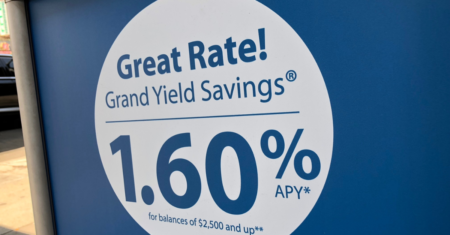
Private medical insurance (PMI) is a type of health insurance that covers the cost of private medical treatment for certain conditions and illnesses. PMI can offer some advantages over public health insurance, such as the NHS in the UK, but it also has some disadvantages that you should be aware of before deciding whether to buy it or not. In this blog post, we will explore the pros and cons of PMI and help you make an informed choice.
Related articles
1- Principal Financial Group 401k
2- Certified Financial Advisor
Benefits of PMI
One of the main benefits of PMI is that it can give you more options and flexibility when it comes to your health care. You can choose the plan that suits your needs and budget, and you can also choose your consultant and where you want to be treated, as long as your policy covers it. Some policies may even allow you to access treatment abroad or in alternative settings, such as home or hospice care.
Another benefit of PMI is that it can reduce the waiting time for your treatment. The NHS has a maximum waiting time of 18 weeks between referral and treatment, but with PMI you can often get treated much sooner, depending on the availability of your chosen provider. This can give you peace of mind and help you recover faster.
A third benefit of PMI is that it can cover the cost of expensive medical care that may arise unexpectedly. For example, if you need surgery, chemotherapy, or a new drug that is not available on the NHS, PMI can help you pay for it without having to worry about the financial burden. Some policies may also cover complementary therapies, such as acupuncture or physiotherapy, that can enhance your well-being.
Drawbacks of PMI
One of the main drawbacks of PMI is that it does not cover everything. Most policies only cover short-term illnesses or injuries, and they may exclude or limit the coverage for certain conditions, such as chronic diseases, mental health problems, or cosmetic procedures. You may also have to pay extra for pre-existing conditions or lifestyle factors, such as smoking or obesity. Moreover, some policies may have restrictions on the providers, hospitals, or treatments that you can access, so you should always check with your insurer before arranging any appointment or procedure.
Another drawback of PMI is that it is expensive. The premiums for PMI are rising every year, and they are influenced by various factors, such as your age, health history, location, and level of cover. You may also have to pay additional fees, such as excesses, co-payments, or deductibles, depending on your policy terms. Furthermore, PMI does not guarantee complete access to care. You may still face delays or difficulties in finding a suitable provider or getting approval from your insurer. You may also have to switch to the NHS if your condition is not covered by your policy or if your insurer does not have the expertise to treat you.
PMI can offer some benefits over public health insurance, such as more options, flexibility, and faster treatment. However, it also has some drawbacks, such as limited coverage, high costs, and uncertain access. Therefore, you should weigh the pros and cons carefully before buying PMI and make sure that you understand what your policy covers and what it does not. You should also compare different plans and providers and seek independent advice if needed.
About the Author






0 Comments